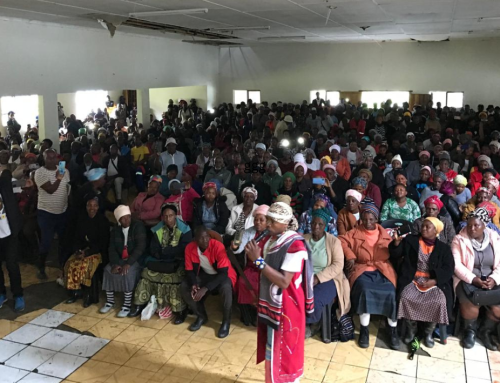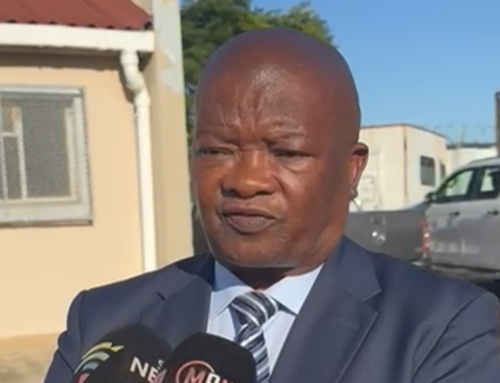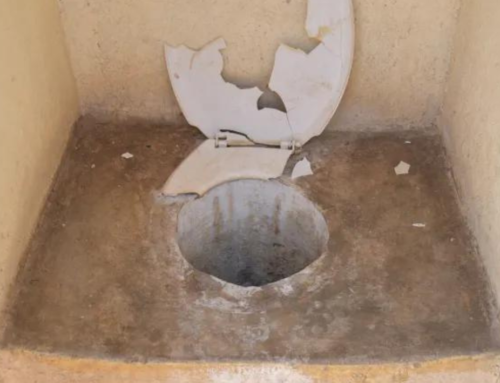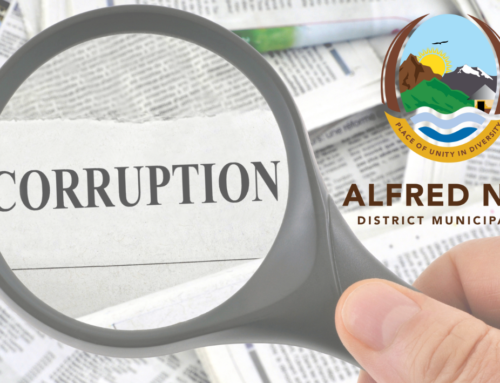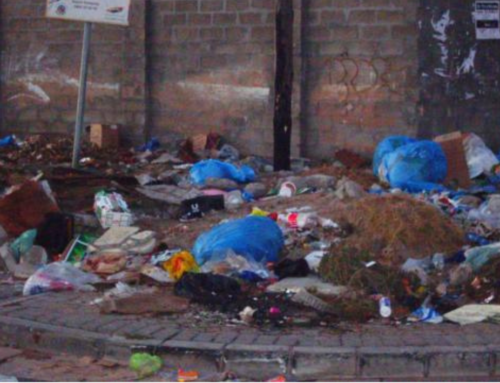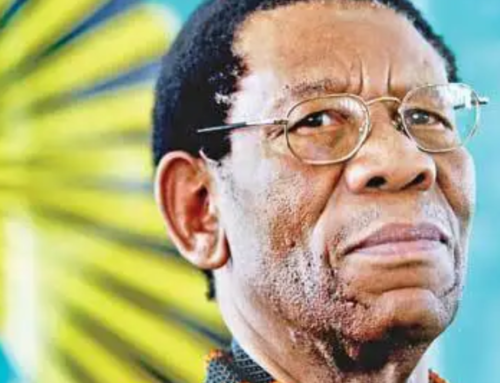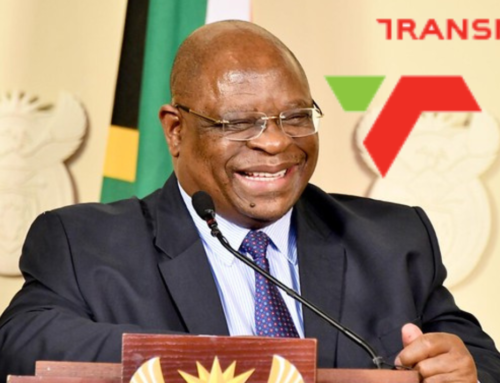

Chairperson of the Government Employees Pension Fund
Private Bag X63
Pretoria
0001
Dear Mr Mogajane
Concerns of GEPF Transformation Policy Statement of 1 October 2023: risk to government employees and pensioners
1. I refer to the Government Employees Pension Fund (GEPF) “Transformation Policy Statement” of 1 October 2023, available on the GEPF website.
2. I refer to a post made by Phapano Phasha, on Facebook, on 4 February 2019 regarding the usage of GEPF funds to create what the writer calls a “new colonial elite”, and in particular the creation of Black Economic Empowerment (BEE) proxies from the governing party.
3. I also refer to a Mail & Guardian article of 11 August 2006, to which the Facebook post refers, called “Anatomy of fast money”. The article states that a number of ruling party connected magnates have “…amassed huge fortunes, are part of or have access to the African National Congress, and are linked through business alliances and friendships.”
4. In 1996, when the GEPF was formed and it took over the management of government employees’ pensions from asset managers such as Sanlam, Alexander Forbes, etc., assurances were made that these pensions were safe.
5. The GEPF has more than 1,2 million active members, in excess of 450,000 pensioners and beneficiaries, and assets worth more than R1,61 trillion, according to the GEPF website. This is a substantial number of South Africans who places their trust and financial futures with the GEPF and a substantial amount of money being managed.
6. Yet, the pension funds managed by the GEPF (and PIC funds) have been used to bail out State Owned Enterprises on several occasions to the tune of billions of Rands, with no hope of seeing those funds ever being returned. In addition, GEPF pension funds are being used to provide loans for individuals, listed and unlisted companies through the Public Investment Corporation (PIC) as well as independently , which in far too many cases are not being serviced, and many were, and are, being written off.
7. The PIC’s use of Unemployment Insurance Fund (UIF) moneys in the same fashion, is of great concern, looking at the recent R5 billion transaction – part loan and part grant funding – with Thuja Capital. This incident proves, and other reports alleges, that the GEPF, PIC and UIF funds are being used as a giant piggy bank for the new elite. Even when President Ramaphosa speaks on the topic, he is conflicted, as a beneficiary of some of these funds.
8. The Commission of inquiry into allegations of impropriety regarding Public Investment Corporation led by Honourable Justice Lex Mpati (‘the Mpati Commission’) had issued its report to President Ramaphosa on 12 March 2020, containing 300 recommendations, which only some of, have been implemented. There has been no comprehensive response to the Mpati Commission’s recommendations, furthermore the Commission of Inquiry into Allegations of State Capture’s recommendations are gathering dust at Parliament.
9. Complaints around the usage of GEPF funds, in the manner described above, have been abound and after the United Democratic Movement (UDM) took up the SATBVC government pensioners’ complaints with President Ramaphosa at the State of the Nation debate in February 2023, he had referred the matter to Minister of Finance Enoch Godongwana.
10. The complaint of the SATBVC pensioners is that people who started their employment in South Africa and the TBVC countries in the 1970s or 80s had their pensions transferred to the GEPF, from asset management companies like Alexander Forbes, Sanlam, etc., in terms of the Act of 1996. What shocks some retirees is that once they take retirement, their pensions are calculated since 1996 instead of their original employment date.
11. It is however appalling to note that for eight months nothing has happened to address this concern and Minister Godongwana has played delay tactics and has effectively ignored this instruction from President Ramaphosa.
12. Pensioners are frustrated and people, who are already financially strapped, must use their hard-earned moneys legally due to them, to take the matter to court. Many beneficiaries have passed away, or are on their deathbeds, and this matter is yet to be addressed.
13. Why are pensioners’ retirement securities being risked in these so-called investment schemes, whilst history has proven that taking this risk is bound to backfire? With its 1 October Transformation Policy Statement the GEPF is playing Russian Roulette with government employees and pensioners’ financial futures.
14. Given this background, has the GEPF consulted with its stakeholders (pensioners) in any way, shape or form, before deciding to go ahead with the 1 October Transformation Policy Statement lest it run the risk of those who have already benefited from GEPF and PIC funding, benefitting yet again.
15. The UDM calls upon the GEPF to place the 1 October Transformation Policy Statement on hold and opt for wider consultation with its beneficiaries and the public at large. We call on the GEPF to publish this Policy Statement in a government gazette, so that it may be formally interrogated, before implementation and that it is only implemented, once broad approval is secured, post the 2024 National and Provincial Elections causing it to be endorsed by a new, non-conflicted regime.
16. Furthermore, the UDM believes that government should rather create a separate national fund for such so-called economic stimulus and BB-BEE activities, which will not place government employees’ pensions at risk.
Yours sincerely
Mr Bantu Holomisa, MP
President of the United Democratic Movement
Copied to:
Mr Cyril Ramaphosa, President of the Republic of South Africa
Mr Enoch Godongwana, Minister of Finance
Ms Phindile Baleni, Director General in the Presidency and Secretary of Cabinet
Mr Musa Mabesa, Principal Executive Officer of the Government Employees Pension Fund
Mr Abel Sithole, Chief Executive Officer of the Public Investment Corporation
Prof Somadoda Fikeni, Chairperson of the Public Service Commission
Mr Eric Mabuza, Mabuza Attorneys
Committee representing pensioners’ groups and associations
Pensioners’ groups and association



